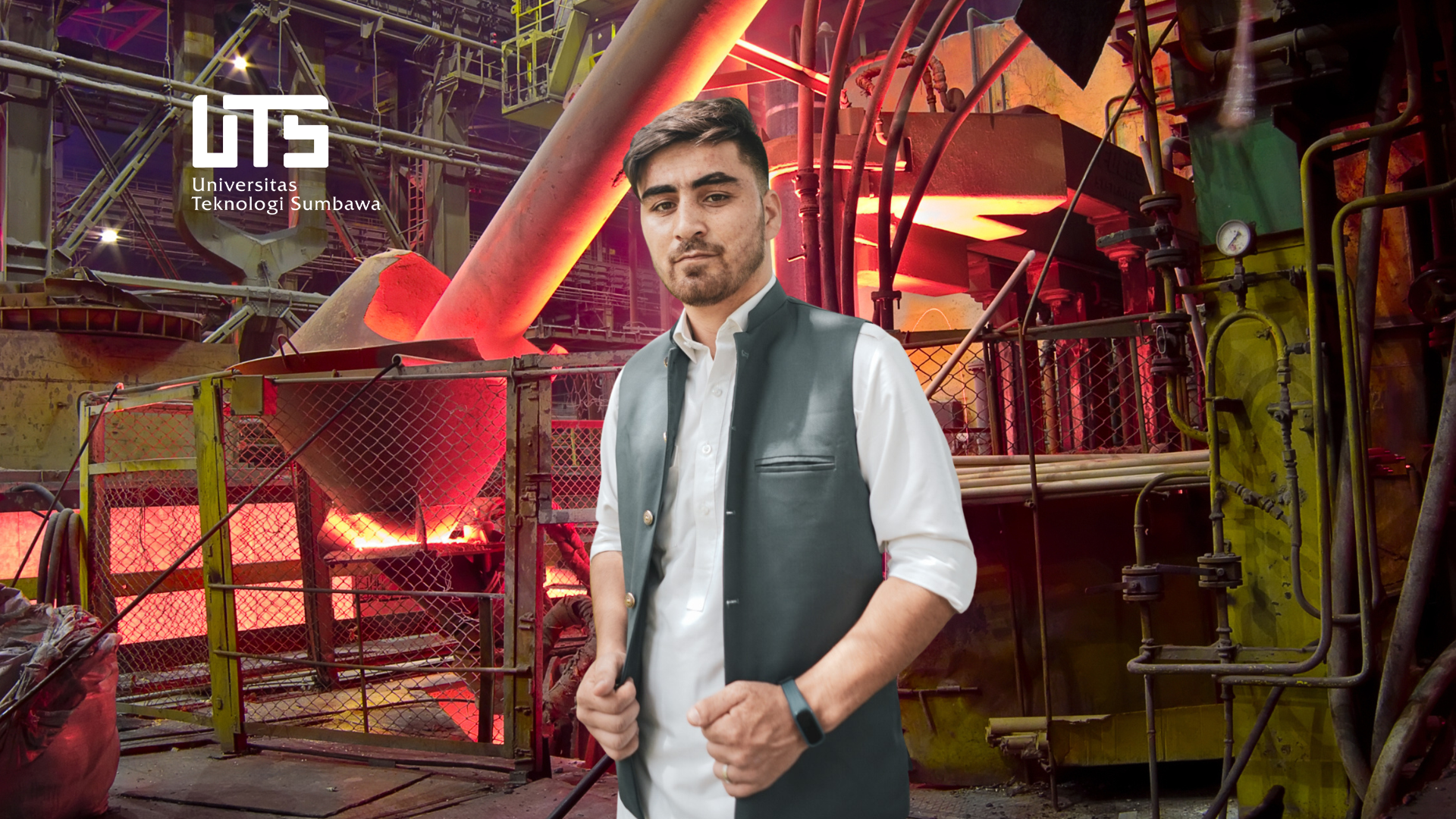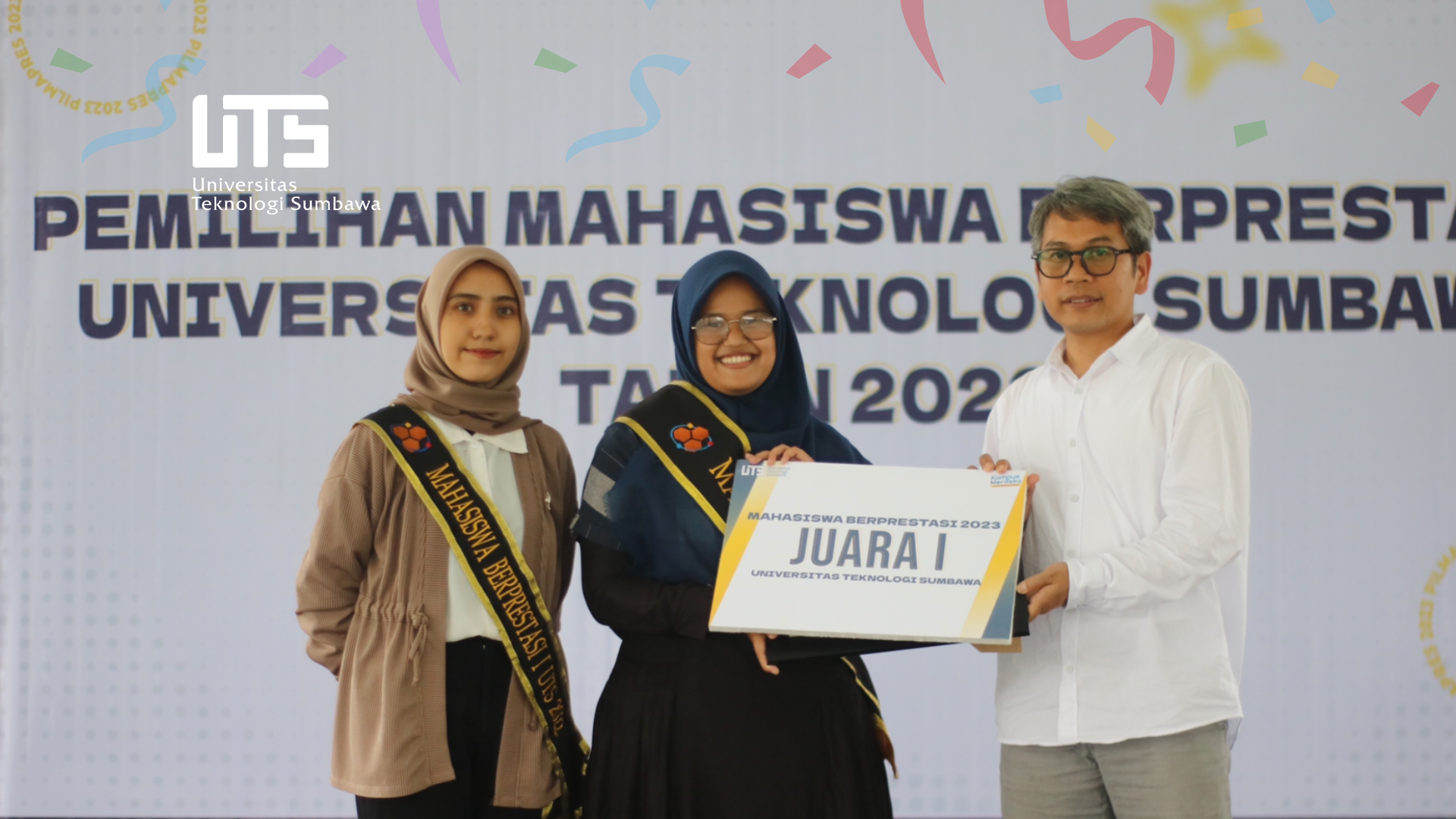Are you considering pursuing a degree in engineering but unsure of which specialization to choose? Metallurgical Engineering could be the perfect option for you. With its unique focus on the properties and behaviors of metals and materials, Metallurgical Engineering offers a wealth of exciting opportunities for aspiring engineers. Irfan Khan, an international UTS student from Pakistan, shares his insights on the benefits of studying Metallurgical Engineering in 2023. Read on to discover why this program of study could be the key to unlocking a successful and rewarding career in the field of engineering.
Whether you wish to work in the technical or technological world, engineering offers countless opportunities. You can achieve this through studying and practicing robotic engineering, mechanical engineering, geotech engineering, in addition to the well-known professional streams of software engineering, civil engineering, electronic engineering, etc. Metallurgical engineering is one of the less popular fields in the engineering sector. Metallurgical engineering, sometimes known as the study of metals and mining, is gradually making its way into a legitimate profession. In this article, we will provide you with insight into the field of Metallurgical Engineering, from its finest courses to the potential career paths it offers.
Let us have a quick look at the main classes and subspecialties that make up the field of metallurgical engineering, in order to have a better understanding of this discipline. While pursuing an undergraduate program in Metallurgical Engineering, students are being provided in-depth instruction, mainly, on the following components:
- Mechanics in Engineering
This discipline, also known as Applied Mechanics, examines how the mechanics theory is used in real-world situations. The theories of the physical sciences and their technological applications are connected by this field. Any program in metallurgical engineering must include engineering mechanics, which can be considered as the basis for the study of metals.
- Physical Metalsmithing
Metal and alloy physical properties and structures are the focus of this branch of metallurgy engineering. Physical metallurgy makes sure that
an alloy’s or a metal’s qualities are extracted in accordance with the rules. Large-scale metal extraction and alloy composition are also involved.
- Chemistry and Metallurgy
A branch of metallurgy engineering called chemical metallurgy focuses on the chemical procedures used to extract metals from their ores. This field, similar to physical metallurgy, is essential to the fundamental procedures carried out in the subject of metallurgy. The study of numerous machines used in the extraction, remodeling, sculpting, and manufacture of metals is examined in this discipline both theoretically and practically.
Studying Machine Elements and Machining will provide you with an overview of the machines and the processes they are associated to if you’re interested in learning how different machines assist in metallurgy-related activities.
The future potential in this branch, like any other branch, depends on how you see this field and what you find there. In my opinion as a third-year metallurgical engineering student at Sumbawa University of Technology, we may broadly categorize the scope of this field into two main groups:
- Research
Smart materials, sensors, and nanomaterials are the areas of industry where the research is being conducted, in addition to a number of research institutes and numerous research and development (R&D) departments of firms. One example could be Intel, where the sensors and nanomaterials make up the majority of their focus in the industry. Furthermore, a tremendous quantity of research is conducted in the areas mentioned before in many nations worldwide as well.
2. Industry
There are different kinds of industries in the field of metallurgical engineering that can be summarized as follows:
- Company that extract non-ferrous metals like Vendanta, Hindustan Zinc Limited, Sesasteralite, and Riotinto.
- Steel mills like TATA Steel and Jindal Steel.
- Foundries Tatamotors, Mahindra, and Swaraj. This is essentially a casting business where gear box housing and several other casting types are produced). Paying packages vary depending on a number of variables, including the organization you work for and the position you occupy there.
- Mining leads all industries in the autonomous space — with more autonomous miles traveled than all autonomous automotive companies combined.
Emerging mining technologies are on pace to transcend other industries including agriculture, construction, automotive and other autonomous vehicle applications.
It is also true that working circumstances can be challenging in most, yet not all, instances due to the presence of dust and high temperatures in the setting, nevertheless you don’t have to be present at this setting all the time.
Mining research and industry are evolving rapidly. With the introduction of new processes and techniques, as well as advanced new technologies, mining is undergoing a paradigm shift that is opening up new opportunities for miners and the areas in which they work.







